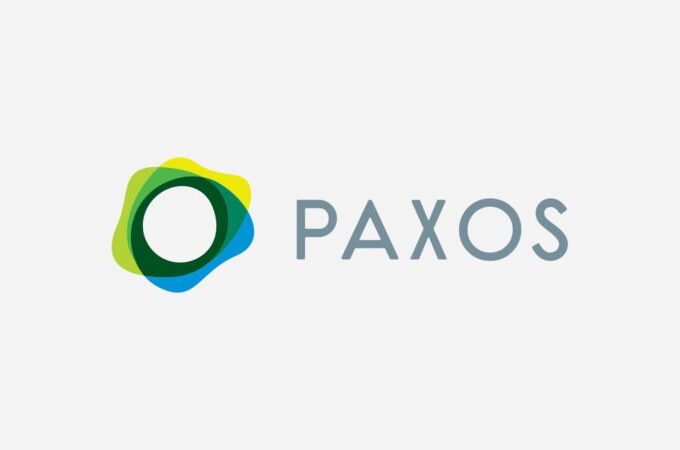
Alibaba Makes Strategic Investment In Israeli Venture Firm JVP
TECHCRUNCH: Two months after making its first investment in Israel, Alibaba is digging deeper into the country’s startup ecosystem. Venture capital firm JVP (Jerusalem Venture Partners) announced yesterday that it will partner with the e-commerce giant to give financial support to promising startups. The amount of money both companies will invest together was not disclosed.
An Alibaba spokesperson told TechCrunch “the JVP investment is in line with our mission of supporting innovation and startups,” but did not offer more details about what kind of companies it will look for in Israel.
In a statement, a JVP representative said:
“JVP has developed a strong strategic partners framework with such global corporations such as Alibaba, Cisco Systems and Qihoo360 aimed at both building a strong collaboration around key themes and areas which JVP believes will benefit both the partners and the portfolio. Each of these strategic partners gain access to relevant parts of the JVP portfolio which spans the areas of media technologies, mobile, storage, big data and security. This is in line with the funds strategy of seeking to actively add value to the portfolio, not only through the managers skillset, but also with a broad network into the market.”
As the Times of Israel reports, JVP’s portfolio is attractive to Alibaba because it includes enterprise security software makers like CyberArk and CyActive, which was recently purchased by PayPal.
Back in January, Visualead, which specializes in QR code technology, announced a multi-million series B led by Alibaba. QR codes may be considered a quaint novelty by U.S. consumers, but in China they are ubiquitous and widely used in popular apps by popular apps like WeChat and Alipay, Alibaba’s online payments subsidiary. The investment included a strategic agreement that will allow Alibaba to use Visualead’s technology, a move that may help strengthen its O2O (offline-to-online) initiatives.
Alibaba is the latest Chinese company to look toward Israel for tech investment opportunities, with many putting capital into venture funds instead of making direct investments in individual startups and striking strategic agreements, like the Visualead deal, that give them access to a company’s intellectual property.
Others include Lenovo, which has invested in venture capital firm Vertex as well as Canaan Partners Israel; Yongjin Group, which poured between $15 million to $20 million in Pitango Venture Capital; Ping An Venture, which launched a $100 million fund for U.S. and Israel tech companies last November; and Baidu and Qihoo 360, which are both investors in Carmel Ventures.





